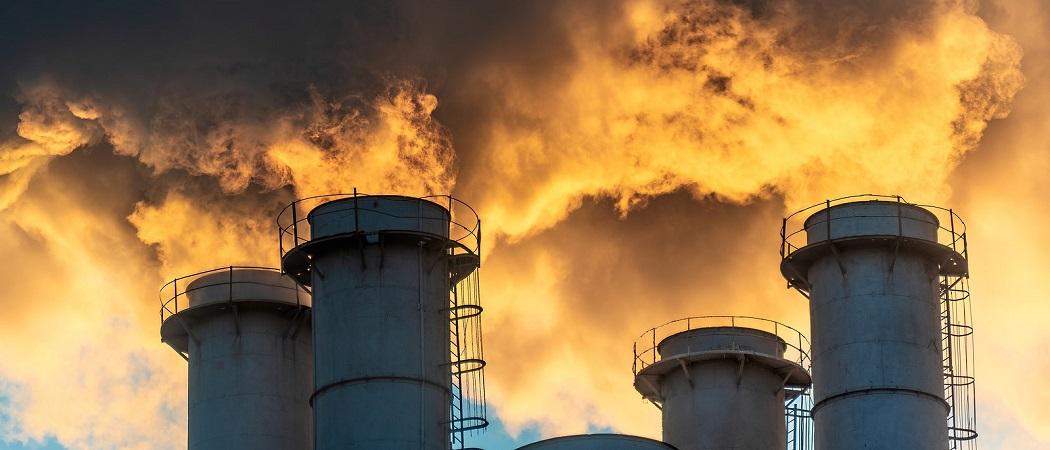The world learned its lessons the hard way in containing the virus – it must now react with urgency on climate change

The COVID-19 pandemic shares “striking similarities” with the twin environmental crises of global heating and species extinction, warns a team of scientists and policy experts from the UK and US.
Writing in the journal Current Biology on Thursday, they say that lessons learned the hard way in containing COVID-19, such as the need for early intervention to reduce death and economic damage and the curbing of some aspects of people’s lifestyles for the common good, should also be at the heart of averting environmental catastrophe.
“We’ve seen the consequences of delayed action in the fight against COVID-19. The consequences of continued inaction in the face of catastrophic climate change and mass extinction are too grave to contemplate,” said Andrew Balmford, professor at Cambridge University’s Department of Zoology.
Just as epidemiological studies show delaying lockdowns led to additional loss of life, “delaying action on climate change such that the world experiences +2.0C rather than +1.5C warming will expose an estimated 62 million - 457 million more of the world’s poorest people to multisector climate risks,” the researchers say.
The virus, like climate change, seemed at first, “a relatively localised problem, far-removed from most people’s everyday lives. But as the pandemic illustrates, “Left unchecked for too long, our ecological and climate impacts, like those of COVID-19, have swiftly grown to become existential threats.”
The scientists recognise the key difference between the crises: one is unfolding over decades, rather than months in the case of COVID-19. But they note that the current pandemic demonstrates that paying short-term costs “may be vital to securing longer-term prosperity, with IMF forecasts of economic growth through to the end of 2021 lower in those countries with higher current death rates.”
Early preparation and intervention, as seen in countries such as South Korea and New Zealand, appears to have been effective in slowing the rate of infection. Changing environmental behaviour now will leave countries similarly reaping the benefits later.
Mounting an effective response to climate change requires governments to listen to independent scientists. “As we now know, such voices were tragically ignored during the earliest stages of this pandemic, as indeed were many years of warnings from epidemiologists and wildlife-disease experts of the immense risks of novel zoonoses emerging from wildlife markets.”
The researchers call on policymakers to resist a COVID-19 recovery that gives “pre-eminence to economic growth at the expense of a substantial fraction of all species or a stable climate.” The people, species and ecosystems most vulnerable to everyday behaviours must be safeguarded through deliberate and well-enforced protection.
Change can be swift
An alternative, more optimistic, takeaway from the pandemic is that the world has demonstrated with the virus that it can be decisive if necessary.
A separate analysis published on Thursday, from the Swiss Institute for Forest, Snow and Landscape Research, concludes that Switzerland was able to take “far-reaching decisions quickly and consistently, even though their impact on the economy and society was unclear.”
They say that experience should change how global crises are dealt with, particularly climate change, where there is already strong data available for policymakers.
"We know much more about environmental crises such as climate change or biodiversity loss than we did about the coronavirus pandemic, but we still act less decisively," said Yasmine Willi, lead author of the analysis.
The shift in mindset required by COVID-19 is similar to what’s needed for fighting climate change. The current crisis has made it clear that acting decisively is more important than acting “perfectly”, the authors say.





 A unique international forum for public research organisations and companies to connect their external engagement with strategic interests around their R&D system.
A unique international forum for public research organisations and companies to connect their external engagement with strategic interests around their R&D system.